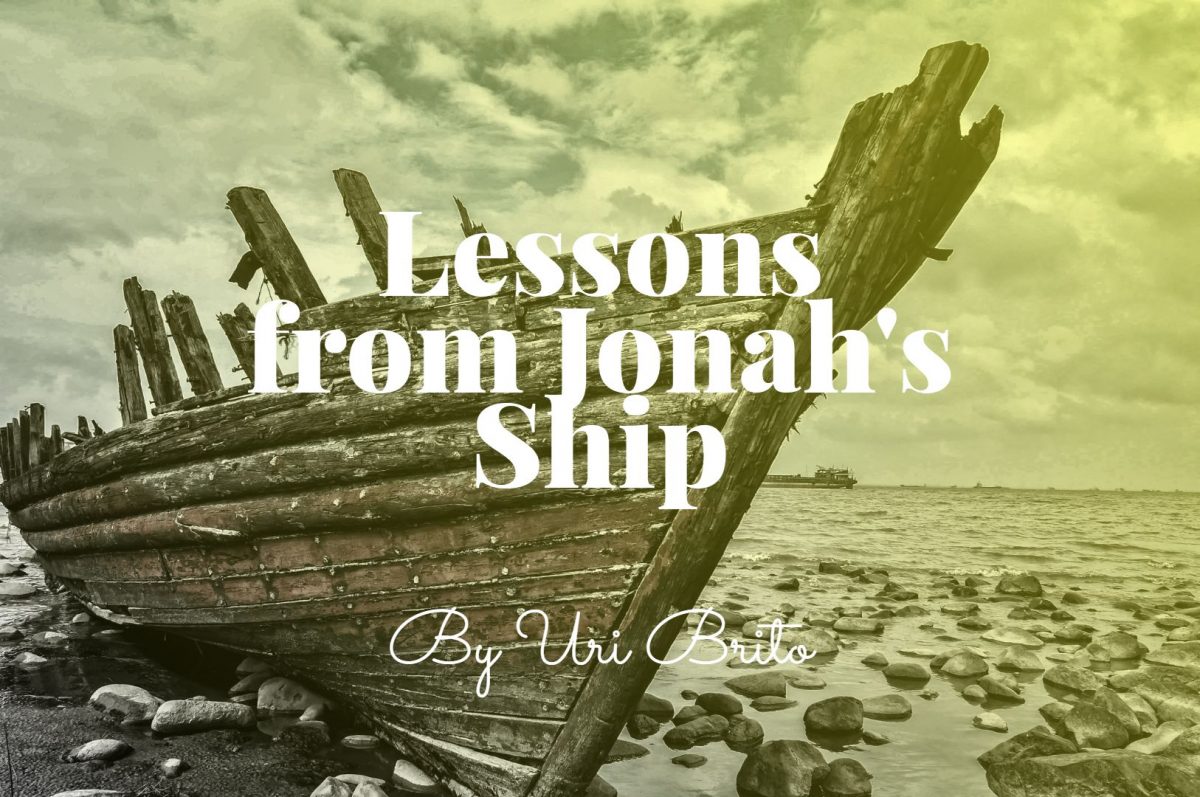When Jonah saw the rising and tempestuous storm there was an immediate sense of powerlessness. The ship was “like to be broken,” says the author. Jonah’s entire wandering episode was about to get mighty worse. The Psalmist knew that there is no place he can hide from God’s Spirit, and Jonah became another example of self-deception. We know we cannot hide but this does not impede us from finding the deepest cave or the vast ocean as refuge. We seek shelters outside God’s protective wings.
The lessons for us in this season are similar. Cycles of history come and go and we often refuse to learn from them. What do we do when we convince ourselves we can distance enough from God? What do we do when our navigational capacities blind us to the ability of the all-seeing God to find us? In typical fashion, we victimize our status and use it as a justification for our wandering. “I only did it because I needed time away;” or “I need some time to think about what God truly wants for me.”
It’s crucial for us to see that the biblical characters rarely if ever failed to know precisely what God wanted. Similarly, we know what God desires of us in this season. We don’t fail because we can’t see what God is communicating, we fail because God has communicated and we can’t accept the demands on us. Thus, we seek out alternative plans hoping that God would nod in agreement.
But God is not a fool. He is not mocked which is a short way of saying God does not take shortcuts to dissect you. He prefers to carefully observe your ways and see how far you are willing to stray and how long it will take you to call on his name. The reason God does not judge you immediately when you get on that boat to a place far away is that you would learn your lesson without much knowledge gained. You must get on the boat and believe that you are truly distancing yourself from the God who comes near; to trust in your escape routes among the prostitutes of the prodigal or waves of waywardness. God waits to see your ship almost breaking to act. He waits in perfectly executed timing for you to see the cause and effect of your sins, to be at the mercy of pagan mariners. Then, God pierces your soul like a two-edged sword and meticulously brings you back to life like a skilled surgeon.
We are powerless creatures. We cannot control the next second. There are no shortcuts to righteousness but only the hard work towards long obedience. We live in days where people all around are sleeping in ships near destruction. Yet, they sleep comfortably unaware that the waves will crash a little harder each time until the damage is too great.
Every situation provides opportunities to understand a little better our journeys. And we can only learn if we too picked up lessons while on the boat. We may not find refuge in a pig’s den often, but we are too comfortable navigating ourselves towards that hideous smell. We need a richer appetite for the Father’s table. Ultimately, we need to take seriously our steps and choose the hard road of obedience instead of the slippery steps of Sheol.















